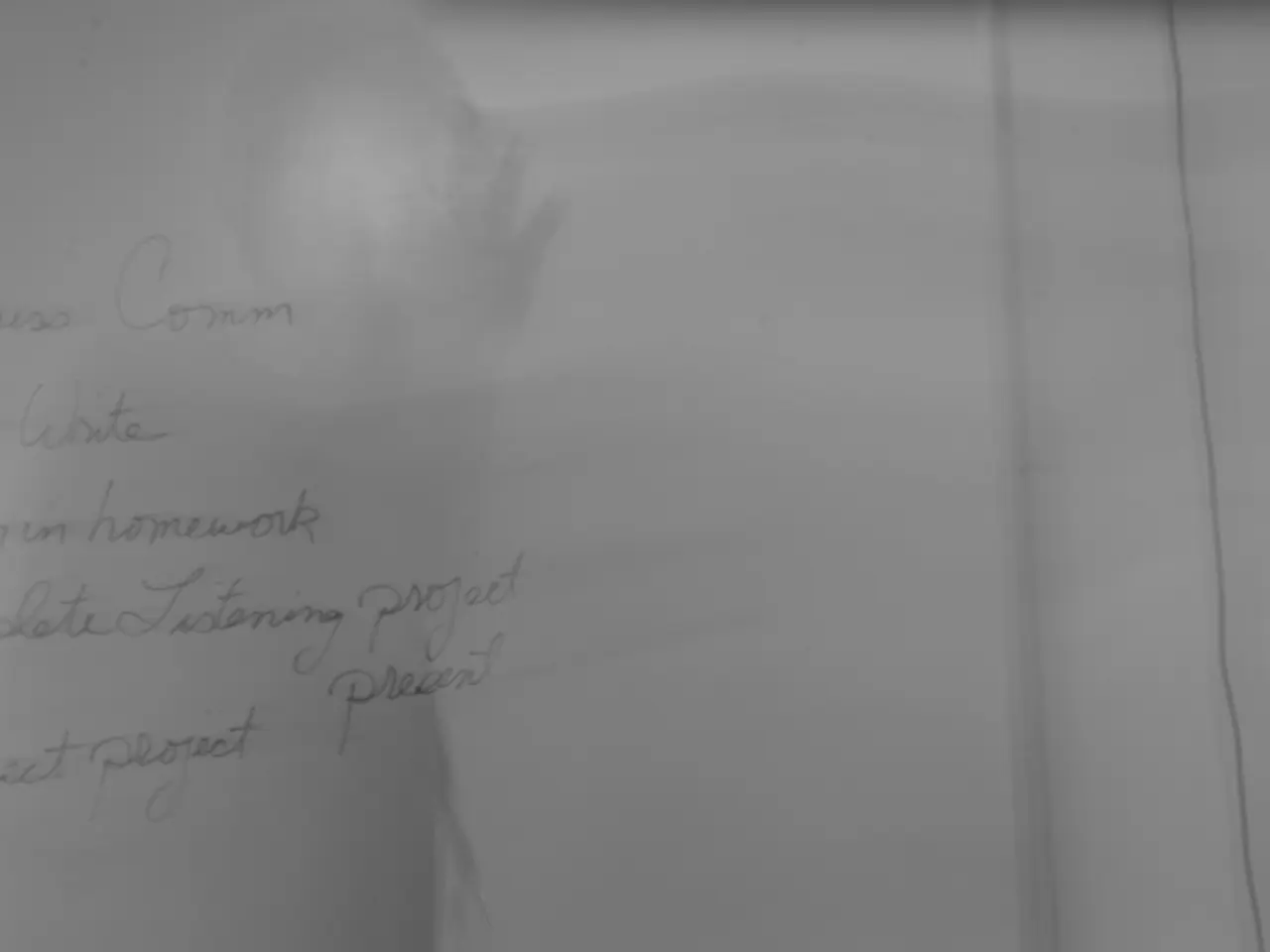Navigating the Complexities of Economic Sanctions on Russia: Insights from a Noerr Lawyer at the Frankfurt Banking Conference
Frankfurt Am Main, Germany
"Authorisation is essential for imposing sanctions"
The extended delay in the implementation of the 18th sanctions package against Russia serves as a testament to the EU's struggle in maintaining a robust embargo. Slovakia and Hungary repeatedly invoke their veto power to secure exemptions for Russian gas purchases, illustrating the challenges the union faces in implementing economic sanctions with consistency.
At the recent Banking Conference in Frankfurt, Barbel Sachs, a partner at law firm Noerr, shed light on the difficulties that companies, particularly banks, face due to the complexities in sanctions law. She emphasized the significant burden they bear, given the EU's vulnerabilities in executing decided economic sanctions. As a result, Sachs strongly advises caution and utmost compliance whenever there's any doubt.
Impact on Businesses, Primarily Banks
Sanctions against Russia impose stringent regulations on businesses like asset freezes, export control, and tightened due diligence measures. Banks, in particular, face increased operational challenges due to these requirements.
Asset freezes on designated Russian individuals and entities force banks to identify and block linked assets, leading to a heightened compliance burden and operational complexity. Export control restrictions target dual-use goods and technologies, requiring meticulous due diligence from businesses involved in the export process. This, in turn, affects supply chains and commercial activities.
The growing sanction lists, which include entities from third countries, add new layers of complexity. Businesses engaging with international partners must exercise close scrutiny of counterparties to avoid unintentional breaches of sanctions. Banks, for their part, must assess and monitor transactions carefully to prevent facilitation of prohibited exports.
Challenges in Enforcing Consistent Sanctions
The EU's sanctions regime faces numerous difficulties, including divergence among member states, the dynamic nature of updates, and the involvement of third countries. This makes a unified, consistent approach difficult for businesses across the union.
Differences in national legislation and enforcement across member states can lead to inconsistent compliance standards. Evolutionary updates to the sanction lists and scope of restrictions can be demanding, requiring continuous adjustments to compliance frameworks and resources.
Circumvention risks and third-party involvement make enforcement more challenging, as sanctions breaches can occur indirectly. Cross-border cooperation and sophisticated due diligence are crucial for ensuring consistent enforcements. Legal and operational ambiguities surrounding exemptions and the extent of export controls further complicate matters for businesses.
In conclusion, the EU's economic sanctions on Russia put significant pressure on banks, necessitating enhanced compliance systems, real-time transaction screening, and the navigating of intricate sanctions lists and regulations. The rapidly changing sanctions landscape, inconsistent enforcement across member states, and third-country participation make it challenging for businesses to maintain a consistent approach across the EU.
- The complexities in sanctions law, as highlighted by Barbel Sachs at the Frankfurt Banking Conference, pose significant challenges for businesses, particularly banks, in complying with the financial regulations imposed by the EU against Russia.
- To ensure utmost compliance and maintain a consistent approach, banks must meticulously assess and monitor transactions, carefully investigate counterparties, and navigate through the intricate sanctions lists and regulations due to the EU's economic sanctions on Russia, which are subject to continuous changes, divergence among member states, and the involvement of third countries.





